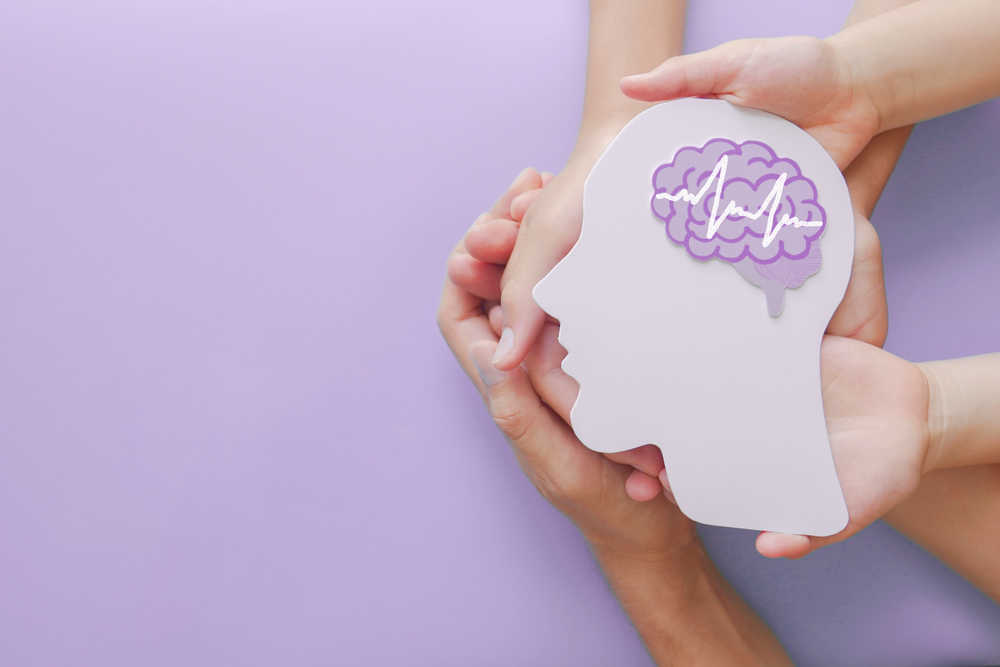Problems with Focus and Attention
ADHD can cause difficulty staying focused and paying attention.
ADHD can be diagnosed if you are easily distracted, or have difficulty completing mundane or repetitive tasks.
You might also find it difficult to prioritize and organize your tasks. This can lead you to procrastinate and have poor time management.
Impulsivity
ADHD people tend to make decisions based on impulse, rather than carefully considering the consequences. This can lead people to make impulsive choices, such as buying things on impulse or engaging in risky behaviors.
This can manifest in a number of ways, including interrupting others or making inappropriate remarks, as well as acting without considering the consequences.
Hyperactivity
Hyperactivity is a common symptom. ADHD could be the cause of excessive fidgeting or talking.
Hyperactivity can manifest itself as an inability or unwillingness to relax, resulting in difficulty sleeping.
Chaos and Disorganization
People with ADHD may struggle to organize their homes and have a chaotic or cluttered environment. They may have difficulty keeping track of important appointments or documents and lose things frequently.
Emotional Instability
ADHD can also affect emotions, causing mood swings and difficulties managing emotions. You may have trouble controlling your temper or feel overwhelmed by emotions.
Relationship Problems
ADHD symptoms can affect relationships as well, since they can frustrate both the ADHD person and their loved one.
Due to their impulsivity and inability to pay attention, people with ADHD can have trouble maintaining friendships.
Memory Problems
ADHD can also cause memory problems. This includes difficulty in remembering tasks or appointments, and difficulty retaining information.
Low self-esteem
ADHD symptoms can cause academic and career difficulties, which in turn can lead to low self esteem.
Some people with ADHD feel that they do not reach their full potential, or struggle with feelings like inadequacy.
Substance Abuse
Some people with ADHD turn to substances as a self-medication or to cope with symptoms.
Substance abuse and inability to control substance use could indicate underlying ADHD.
Co-occurring Disorders
ADHD is often associated with other mental disorders such as depression, anxiety or learning disabilities.
Undiagnosed ADHD is possible if you are diagnosed with any of the above disorders but still have symptoms.
It is important that you speak to your doctor about these symptoms if they are present in yourself or in someone close to you.
ADHD can be effectively managed with medication, therapy and lifestyle changes. Do not hesitate to get help if it seems that you have ADHD. Proper treatment can improve your quality of living.













